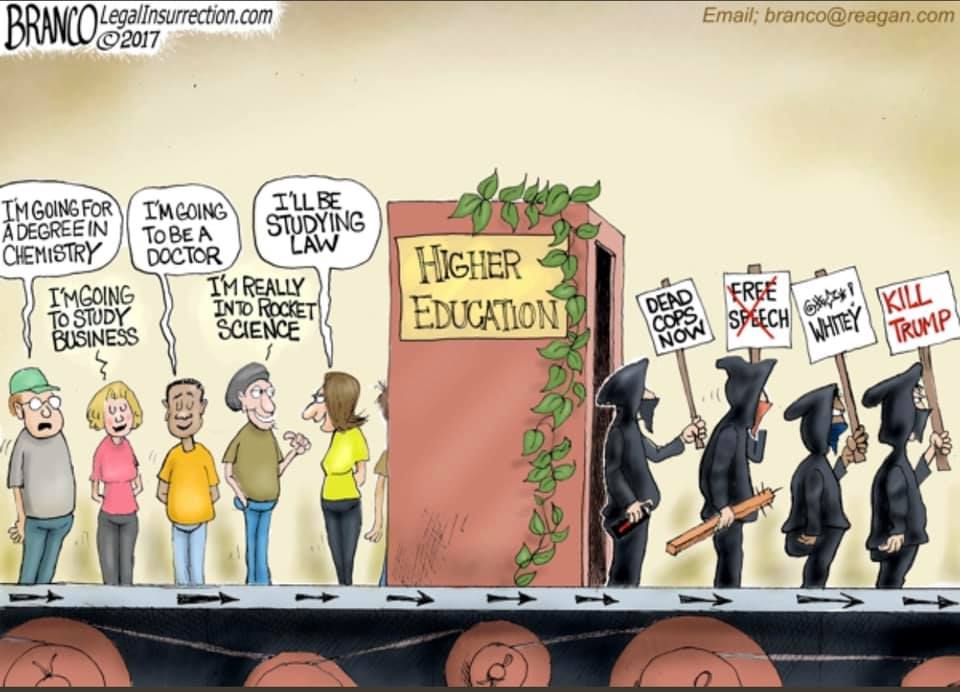There are a lot of courses that lead students nowhere and a lot of students who don’t really belong at or need to go to university, so I’m drawn to what the government is trying to achieve.
Many of the things people study as part of an arts degree (history, philosophy, languages) are available elsewhere, often for free, and do not equip students for a career.
Most of us know an arts student who spent a decade a uni only to find they were qualified for life as an academic and nothing else. No issue with guiding people away from their Peter Pan complexes and into streams that might, heaven forbid, lead them to employment.
Many of the things people study as part of an arts degree (history, philosophy, languages) are available elsewhere, often for free, and do not equip students for a career.
Most of us know an arts student who spent a decade a uni only to find they were qualified for life as an academic and nothing else. No issue with guiding people away from their Peter Pan complexes and into streams that might, heaven forbid, lead them to employment.





